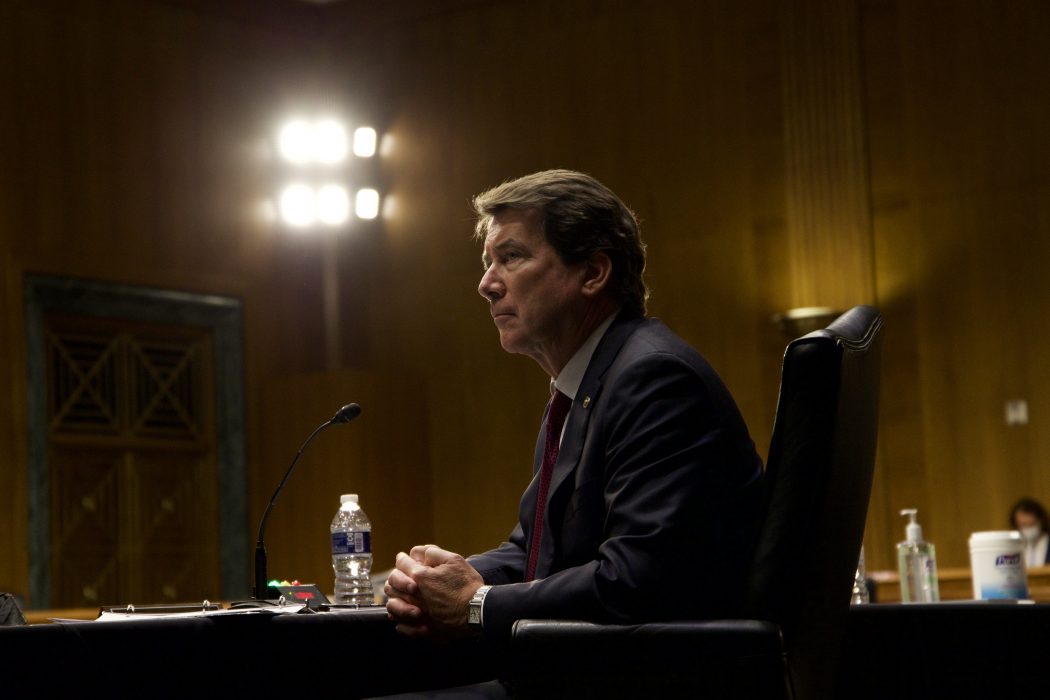Confirmation from the Deputy Secretary of State for Management and Resources comes as the Biden Administration seeks to move forward with plans to reopen the U.S. consulate for Palestinians in Jerusalem despite objections of the Israeli government
WASHINGTON—United States Senator Bill Hagerty (R-TN), a member of the Senate Foreign Relations Committee, today in an oversight hearing questioned Deputy Secretary of State for Management and Resources Brian McKeon over the Biden Administration’s controversial plan to reopen a U.S. consulate for Palestinians in Jerusalem despite objections of the Israeli government.
“President Biden’s proposal to open a second U.S. mission in Jerusalem would begin to reverse the recognition of Jerusalem, and it would divide Israel’s eternal and undivided capital city. Yesterday, I led a group of 36 senators to introduce a bill that would protect America’s full and faithful implementation of the Jerusalem Embassy Act of 1995. And it would ensure that there is only one U.S. mission—a U.S. Embassy to Israel—that exists in Israel’s capital city of Jerusalem. Deputy Secretary McKeon, I just want to confirm something on the record. Is it your understanding that, under U.S. and international law, the Government of Israel would have to provide its affirmative consent before the United States could open or reopen the U.S. consulate to the Palestinians in Jerusalem, or does the Biden Administration believe it can move forward to establish a second U.S. mission in the Israel capital city of Jerusalem without the consent of the Government of Israel,” Senator Hagerty asked.
The Deputy Secretary confirmed to Hagerty that the United States would ultimately need the consent of the host government—Israel—to open any diplomatic facility. “Senator, that’s my understanding—that we’d need to get the consent of the host government to open any diplomatic facility,” Deputy Secretary McKeon said.

*Click the photo above or here to watch*
Senator Hagerty yesterday led a group of 36 Republican senators to introduce the Upholding the 1995 Jerusalem Embassy Law Act of 2021 (S. 3063), a bill to protect the full and faithful implementation of the Jerusalem Embassy Act of 1995 and block the Biden Administration’s efforts to subvert the law.
Under the Trump Administration, the United States fully implemented the Jerusalem Embassy Act of 1995 by formally recognizing Jerusalem as the capital of the State of Israel on December 6, 2017, by moving the U.S. Embassy to Israel’s capital city of Jerusalem on May 14, 2018, and by closing the U.S. Consulate General for the Palestinians and merging its functions into U.S. Embassy in Jerusalem’s new Palestinian Affairs Unit (PAU) under the U.S. Ambassador to Israel’s Chief of Mission authority. Prior to the Jerusalem Embassy Act of 1995’s full and faithful implementation, the U.S. consulate for the Palestinians had previously operated completely outside of the U.S. Ambassador to Israel’s Chief of Mission authority.